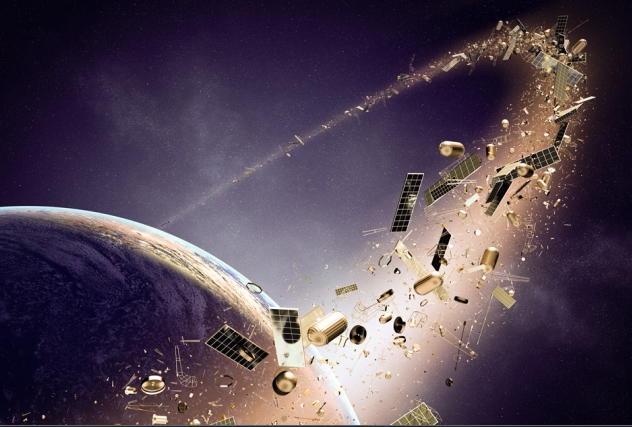Over the last thirty years, the number of objects in space has increased substantially, thanks in large part to commercial enterprises developing new business cases and cheaper ways to reach space.
However, this does not mean that there have been no growth pains, such as increased orbital congestion. Commercial satellite operators are more concerned about colliding with another object, whereas the United States Space Force is concerned with ensuring that American defense and allies know where objects are in space, what they’re doing, and who placed them there.
The Department of Defense has been in charge of monitoring and categorizing objects in space for the majority of the period. However, a slew of new enterprises have developed to capitalize on the financial possibilities of delivering essential intelligence on objects in orbit.
One such firm is LeoLabs. The nine-year-old business has established a 10-site radar network that spans both hemispheres, collecting data on over 20,000 objects in low Earth orbit, as well as a suite of products ranging from simple precision tracking to real-time notifications if your spacecraft is in danger of colliding.
The company began the year on a high note, securing a new contract from NOAA’s Office of Space Commerce to support the agency’s critical Traffic Coordination System for Space effort. Building on that momentum, LeoLabs reported today that company has completed a $29 million extension of its $65 million Series B, which closed in the summer of 2021.
LeoLabs raised the fresh cash to fuel expansion in AI technology, which makes sense given that the company’s insights are its bread and butter. Defense users incorporate these insights into command operations, whereas commercial operators use this data to inform mission planning and spaceflight safety studies.
“We’ve already applied AI models for detecting on-orbit maneuvers in real-time, categorizing objects, characterizing ‘unknown’ objects, and analyzing patterns-of-life on recently launched objects,” Dan Ceperley, the company’s president and chief executive officer, “As the number of items and activities in LEO grows, operators find it increasingly difficult to keep up. The technologies we’re creating will let the industry use automation and smart analytics to stay up with this tremendous expansion.”
He stated that the new investment will also support the development of new radar systems capable of covering even smaller pieces of orbital debris and tracking “non-cooperative” launch activities in extremely low Earth orbit. This latter item is of special interest to the United States Space Force since it refers to launches that are not coordinated with the United States or its allies, such as China, which keeps its space activity well hidden.
The round, which LeoLabs reported was oversubscribed, was led by GP Bullhound and included new investors 1941 and Dolby Family Ventures. It was also backed by existing investors, including Insight Partners, Velvet Sea Ventures, Space Capital, and Dylan Taylor’s AngelList Syndicate.
